Each of these publishing houses is vast and convoluted in its own right. Penguin, regarded as the junior partner in this deal, itself has a fistful of well known imprints, including Viking and Penguin Paperbacks, along with audiobooks, the Rough Guide travel series, and the very highly regarded Dorling Kindersley children's books imprint. These brands are unlikely to disappear, because this kind of name recognition isn't to be discarded lightly. Random House, the merger's senior partner, bills itself as the world's largest English language trade publisher, and I doubt you could find a lot of evidence to refute that.
What's most likely to happen in the short run, over the next year, is that the editorial staffs of both houses will be consolidated, and that means layoffs. I speak from my own experience as part of the copy editing department for Harcourt General's school department during its merger with Houghton Mifflin back in 2007. Within a year of the merger, the Harcourt copy editing department was dissolved in favor of HM's department. Similar whole-scale layoffs happened throughout the editorial departments of both companies, resulting in a final, greatly reduced editorial staff. If this business plan is put into place in the Penguin/Random House merger, the resulting smaller editing departments may mean that some of the two publishers' similar imprints (for example, Del Rey or Roc) will be combined in fact if not in name.
Prior to their merger, Harcourt and Houghton Mifflin were competitors in the textbook market. The textbook market is finite, and unrelated publishing houses vie for the purchasing power of the increasingly limited number of school districts that still rely on hardcopy textbooks as the primary instructional medium. Consolidate these publishers, and there's no reason to put out more than one product in each specialized area. Trade publishing (fiction and nonfiction) doesn't have this kind of direct competition, but it is susceptible to the same economic and manpower pressures as any other company. If, as I saw happen with Harcourt/Houghton Mifflin, the editorial staffs of Penguin/Random House are combined and downsized, there will probably simply be less incentive to put out books in less-profitable genres. This may mean that the larger, combined publisher will actually be putting out fewer genre titles (cookbooks and juvenilia as well as sci fi and fantasy) than both did separately. But without knowing what kinds of changes to the imprints are coming, or seeing a 2013 publishing schedule, there isn't any way to predict what kinds of genre publishing will be affected, or to what extent.
What the merger probably does mean is that a downsized combined editorial group will be a smaller conduit for the same pool of potential manuscripts. As big publishing contracts, it will offer fewer opportunities for unknown or midlist authors. But this has been the case in big publishing for a decade or so. The Random House/Penguin merger isn't going to bring the sky down on our heads just yet. All of the tools at a writer's disposal for getting work in front of readers still exist; new and midlist authors will be affected by this merger, yes, but perhaps by a statistically minuscule amount. Most of us weren't going to sign with Viking, anyway.
Keep writing.




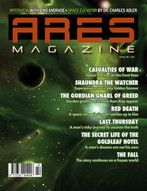
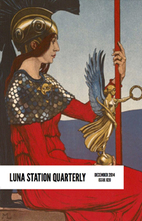
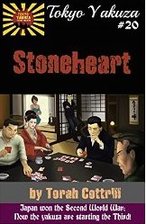

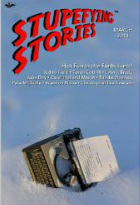
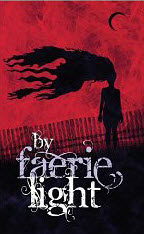


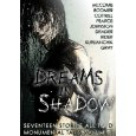


 RSS Feed
RSS Feed
